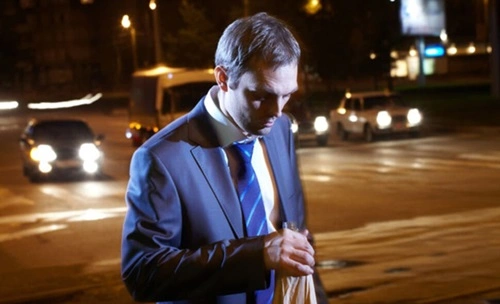No, it is generally not illegal to walk home drunk in the United States. However, depending on the circumstances and your behavior, you could still face legal consequences under laws like public intoxication or disorderly conduct. While walking home drunk is safer than driving, it is important to understand the potential risks and legal considerations.
Legal Considerations for Walking Home Drunk
1. Public Intoxication Laws
- Many states and municipalities have public intoxication laws that prohibit individuals from being visibly intoxicated in public places.
- Violations typically involve behavior that disturbs others, creates a safety hazard, or causes a public nuisance.
- Enforcement varies by jurisdiction. For example:
- California: Penal Code §647(f) prohibits being so intoxicated in public that you pose a danger to yourself or others.
- Texas: Public intoxication is considered a Class C misdemeanor, punishable by a fine.
2. Disorderly Conduct
- Acting in a disruptive or threatening manner while intoxicated can lead to disorderly conduct charges. This includes yelling, fighting, or engaging in other disruptive behaviors.
3. Endangerment or Trespassing
- Walking home drunk in unsafe areas, such as along highways or private property, could result in charges like criminal trespass or endangering public safety.
Safety Risks of Walking Home Drunk
1. Impaired Judgment and Awareness
- Intoxication impairs decision-making and reaction time, increasing the risk of accidents or dangerous encounters.
2. Injury or Vulnerability
- Drunk pedestrians are more likely to be involved in traffic accidents or fall victim to theft or assault.
- Data from the National Highway Traffic Safety Administration (NHTSA) shows that a significant percentage of pedestrian fatalities involve alcohol impairment.
3. Weather and Environmental Hazards
- Intoxicated individuals walking long distances in extreme weather conditions risk hypothermia, heat exhaustion, or other environmental dangers.
Alternatives to Walking Home Drunk
1. Ridesharing and Taxis: Services like Uber, Lyft, or traditional taxis provide safer alternatives for getting home.
2. Designated Drivers: Having a sober friend or family member take you home eliminates the risks associated with impaired travel.
3. Public Transportation: Many cities offer late-night bus or train services, which can be a safer option than walking.
4. Stay Overnight: If possible, consider staying at a friend’s house or a nearby accommodation until sober.
Legal Consequences of Public Intoxication
1. Fines: Public intoxication charges often result in fines ranging from $50 to $500, depending on the state.
2. Arrest or Detainment: In some jurisdictions, intoxicated individuals may be taken into protective custody to sober up.
3. Criminal Record: A public intoxication conviction may result in a misdemeanor record, which can have long-term consequences for employment and housing.
Related FAQs
Q1. Can I be arrested for walking home drunk?
Ans: Yes, if your behavior violates public intoxication or disorderly conduct laws, you can be arrested.
Q2. Is it safer to walk home drunk than drive?
Ans: Yes, walking home drunk is far safer than driving under the influence. However, it still carries risks, both legal and safety-related.
Q3. What should I do if I encounter police while walking home drunk?
Ans: Be polite and cooperative. Avoid disruptive behavior that could escalate the situation or lead to charges.
Q4. Are there states where public intoxication is not a crime?
Ans: Yes, states like Nevada and Montana do not criminalize public intoxication. However, local laws or ordinances may still apply.
Q5. What are my rights if I’m detained for public intoxication?
Ans: You have the right to remain silent and request legal representation. In most cases, detention is temporary until you sober up.
Conclusion
While it is not explicitly illegal to walk home drunk, there are legal and safety risks associated with public intoxication. To avoid fines, arrests, or accidents, consider safer alternatives such as ridesharing, public transportation, or staying overnight at a safe location. Understanding local laws and planning ahead can help you make better choices and stay safe.


